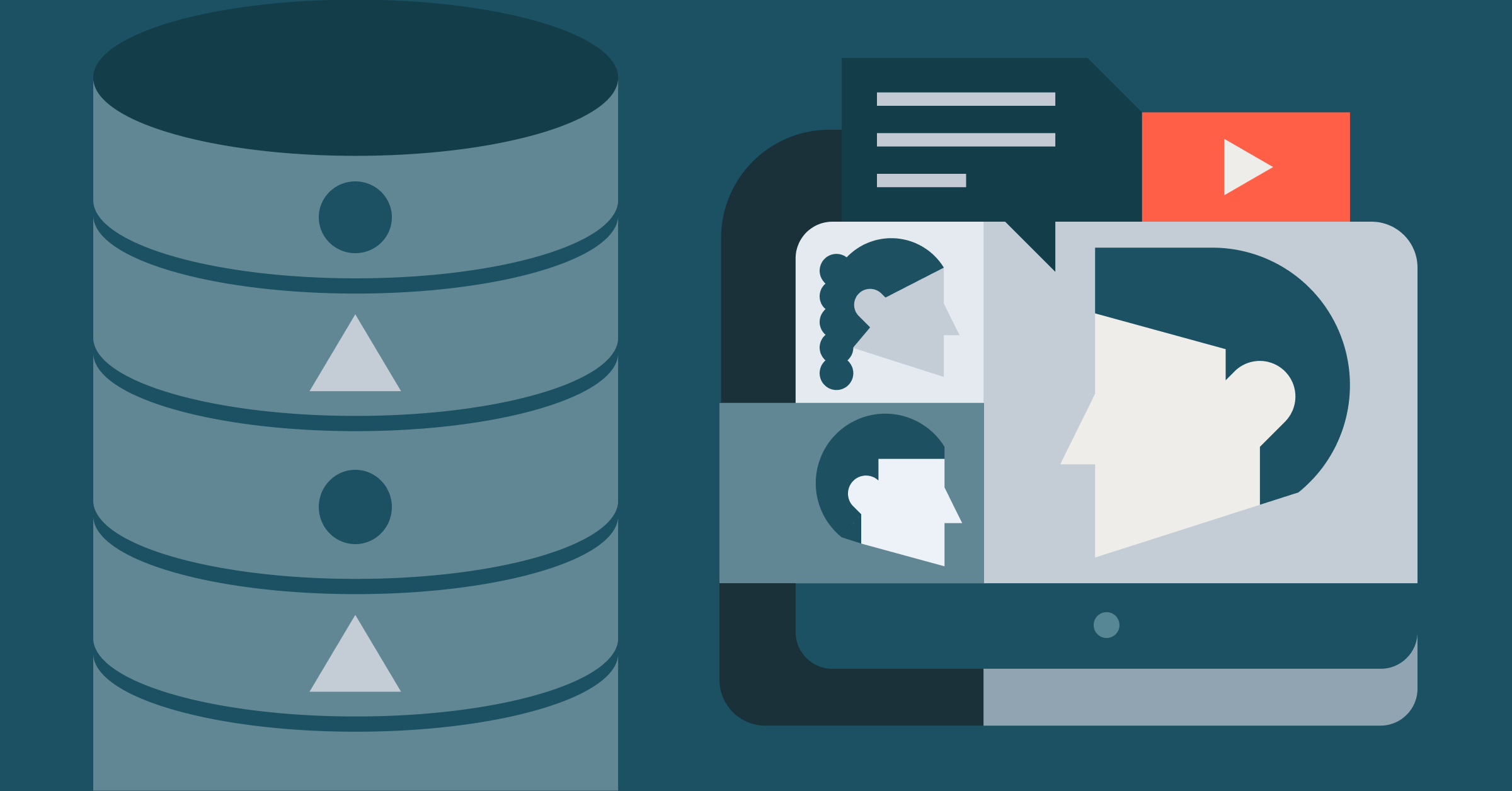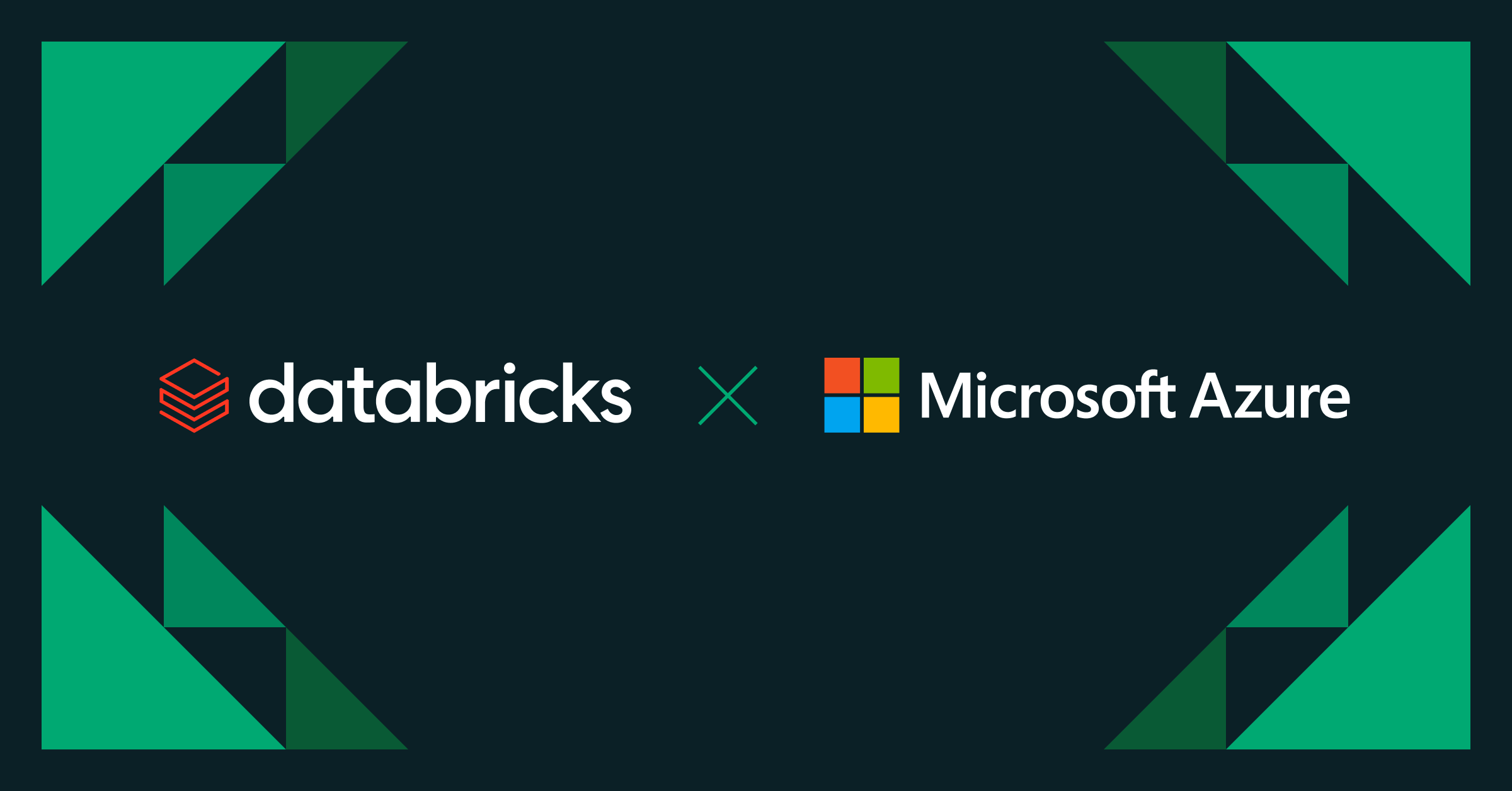Learn How to Build Airtight Data Pipelines for your AI Initiatives

"I can't think of anything that's been more powerful since the desktop computer." — Michael Carbin, Associate Professor, MIT, and Founding Advisor, MosaicML
As Dr. Carbin points out, generative AI is completely reshaping the enterprise today. AI strategy is top-of-mind for most organizations, and data teams are tasked with supporting a deluge of new AI initiatives. This wave of AI has tremendous implications for Data Engineers - from their broader charter to their daily workflows, who they collaborate with, and how they work with them.
The upcoming virtual event, "Data Engineering in the Age of AI," will dissect the evolving role of data engineers and equip them with the skills and knowledge needed to thrive in this new Age of AI. Hosted by Databricks, this event is for data engineers and data teams seeking to unlock the full potential of AI-forward data engineering.
Data Engineers: The Likely Heroes of the AI Revolution
70% of organizations are in "exploration mode" with Generative AI, with another 19% already in pilot or production. Our own data reveals that companies are already putting 411% more ML models into production than the same time last year. At the same time, there is concern around these initiatives - data problems are nearly 3x more likely than everything else combined to jeopardize organizations' AI/ML goals.
Why? In short - good models cannot overcome bad data. Organizations seeking to build generative AI or LLMs on top of an unreliable data stack will end up with unreliable models.
Data engineers' role of providing AI systems with fresh, reliable data - enabling them to make precise predictions and decisions - is becoming increasingly high visibility and mission critical. As AI continues its rapid advance, the demand for proficient data engineers will only intensify, elevating their pivotal role in ensuring the success of AI implementations.
With this reality comes the obvious charter for Data Engineers - nurture the skills necessary to thrive in this world.
Essential Data Engineering Skills in the Age of AI
Data engineers are at the forefront of developing data pipelines tailored for AI applications. As AI systems grow in complexity, they demand access to an array of data sources and types. Data engineers must architect scalable and flexible data pipelines, capable of accommodating the intricate needs of AI applications, utilizing the most performant, least costly, best-fit data storage and processing technologies.
A seismic shift in data engineering is the growing significance of streaming data architectures. AI's ever-increasing sophistication demands access to real-time data for accurate decision-making. Data engineers will be increasingly called upon to manage the (exponentially) surging volume and velocity of data emanating from diverse sources, such as IoT devices, social media, and digital platforms.
The proliferation of sensitive data underscores the need for robust data governance. Data engineers must collaborate closely with data scientists, security experts, and stakeholders to establish comprehensive data governance frameworks and implement best practices to safeguard data from unauthorized access and breaches.
Finally, data engineers must learn how to incorporate AI tooling into their own development workflows. It's not just data engineering for AI that is becoming increasingly important - but also AI for data engineering.
Register for Data Engineering in the Age of AI
Fortunately, Databricks has been building for data-centric AI for years. This upcoming virtual event, "Data Engineering in the Age of AI," is dedicated to exploring the skills, tools, and practices necessary for data engineers - and their teams - to thrive in the age of AI.
Hear from Michael Armbrust, Databricks Distinguished Engineer, and other industry experts on November 7, 2023 at 8AM PST as we discuss data engineering best practices with downstream AI initiatives in mind. We'll cover the following topics:
- Engineering data for AI
- Using AI for data engineering workstreams
- Analytics-ready data in the lakehouse with Qlik
- How T-Mobile built a data-centric AI platform
- Demo: leveraging AI in data engineering
- Architecture best practices
You'll be able to ask questions and get answers from Databricks experts in real time, and by registering you'll automatically be eligible for a $100 certification credit. All you have to do is register, and we'll show you how to claim this special offer in the confirmation email.
Visit the event page to register. We hope to see you there!

